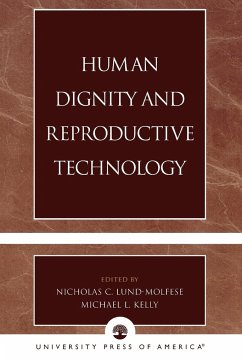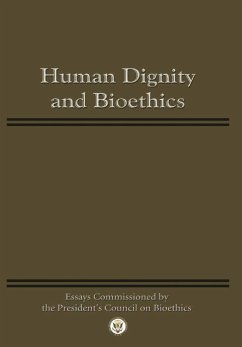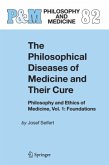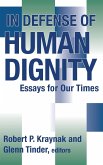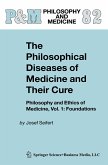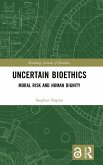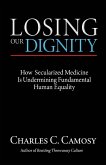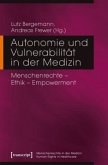What is it that worries us about cloning? Why do technologies such as in vitro fertilization threaten the family? How does modern biological science threaten the very life it studies? These are important questions that demand a careful examination of science, technology, and the dignity of the human person. The March 2002 symposium Human Dignity and Reproductive Technology brought together philosophers, theologians, scientists, lawyers, and scholars from across the United States to discuss these questions. The essays of this book are the contributions of the symposium's participants. These essays do not simply catalogue recent ethical debates concerning reproduction technologies. Rather, they examine how these technologies impact human life and its innate, undeniable dignity. In accordance with the tradition of the Catholic Church, human dignity is examined from the perspectives of both faith and reason so that the good of technology may promote the dignity of the human person.
Bitte wählen Sie Ihr Anliegen aus.
Rechnungen
Retourenschein anfordern
Bestellstatus
Storno

